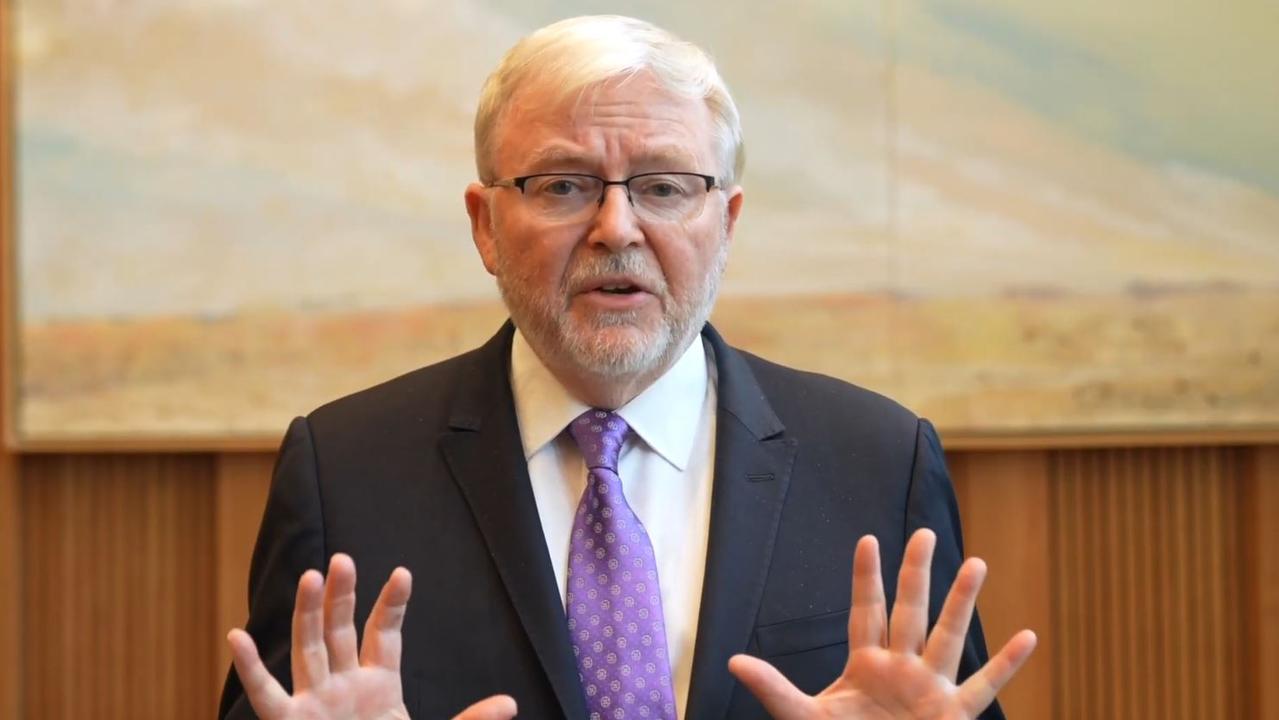The e-book revolution
THOSE who appreciate the potency of the written word will welcome the arrival of the e-book.
THOSE who appreciate the potency of the written word will welcome the arrival of the e-book and the technology that allows more people to consume more books in more places than ever.
Until the arrival of the printing press in the 15th century, reading was a privilege reserved for the educated few. With mass publishing, and later mass literacy, the text became a democratic, civilising force bringing the pleasure of books and newspapers to all.
The arrival of the e-book is another step in the liberation of the written word. No longer tied to the industrial machinery of the printing plant, or the logistics of physical distribution, the e-book, like the electronic newspaper, is available instantly, affordably and democratically.
For the next two weeks The Australian, in conjunction with HarperCollins Australia, Kobo and Collins Booksellers, will be offering readers the chance to download 12 works free of charge. For those who have already acquired the e-book habit, it is an opportunity to discover and collect new titles that will enhance any virtual library.
For others, it is a chance to experiment with the e-book, and experience its flexibility and convenience. All that is required is a compatible computer, tablet device or smartphone that links to the internet. The e-books can be read on most commonly used devices, including the iPad and iPhone, Android systems, laptop or desktop computers. Full details can be found elsewhere in this section.
The selected books, which will appeal to a range of reading tastes, can be downloaded by following the instructions in each day's newspaper.
Many of us believe that nothing will replace the tactile pleasure of the bound volume, the beauty of a well-ordered bookshelf or the smell of a well-aged tome. Yet the power of any book lies not in its binding but its words. And no matter whether they come in hard covers, soft covers or in adjustable-sized text on a light electronic screen, good books are meant to be shared.
We know from the reception of The Australian's iPad edition that readers have embraced the electronic tablet for its portability and flexibility. The convergence effect of electronic media is breaking down the rigid demarcation between once-distinct forms of communication.
E-books, with their shorter production times, are blurring the boundaries between books and journals, opening new possibilities to exploit the synergies between the publishing and newspaper industries. For writers, e-books have expanded the opportunity to publish and be published. With lower fixed costs, more books can be published digitally, and readers will ultimately decide their worth.
True bibliophiles will embrace the arrival of the e-book as an adjunct to the bound volume.
The digital transformation of our culture and economy has proved challenging for book publishers. Book retailers have closed as more books are ordered over the internet for electronic or postal delivery. Yet the evidence suggests that the appetite for the written word is growing, which for those who believe in the civilising properties of books will be a reason to rejoice.
NICK CATER
Chief opinion editor, The Australian




